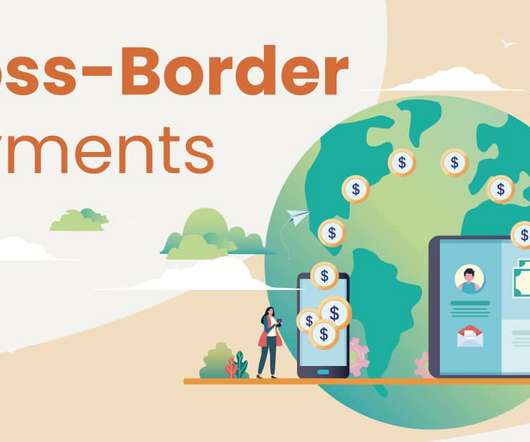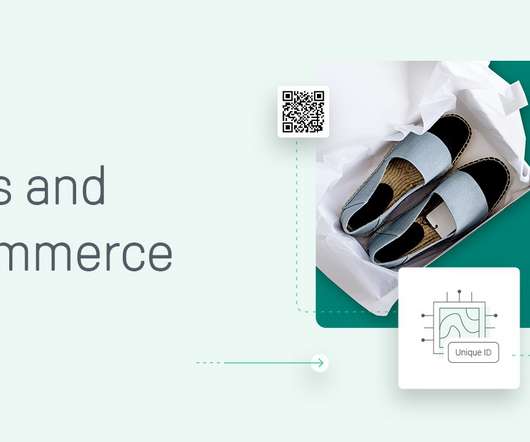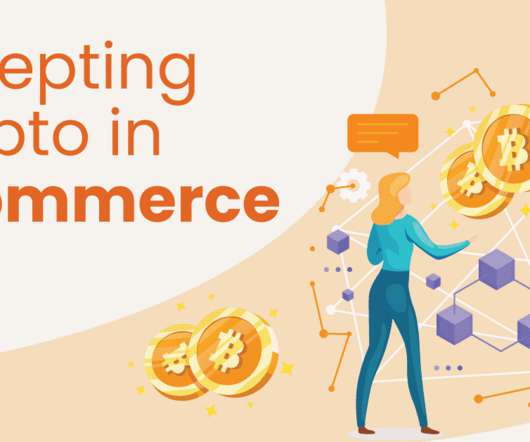Tech Trends Shaping Retail: From AI to Blockchain
365 Retail
APRIL 26, 2024
These innovations not only streamline operations but also provide you with tailored shopping experiences that align with your preferences and expectations. As digital currencies like Bitcoin become more mainstream, retailers are exploring the benefits of these transactions, which offer you high security and lower transaction fees.























Let's personalize your content